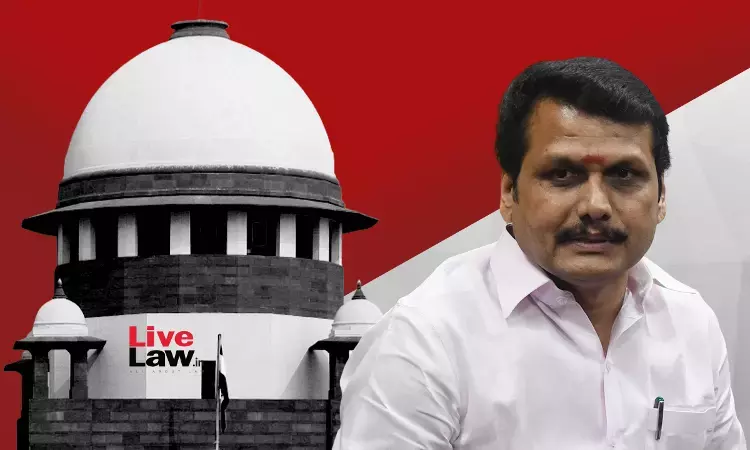Supreme Court Reserves Verdict in TN Minister Senthil Balaji’s Plea Against HC Verdict Allowing ED Custody
Awstika Das
2 Aug 2023 5:31 PM IST

'To say Section 167 CrPC would not apply is a dangerous proposition,' Justice MM Sundresh remarked during the hearing.
Next Story


